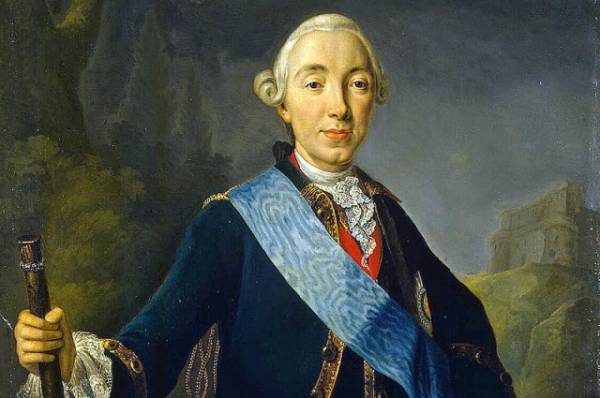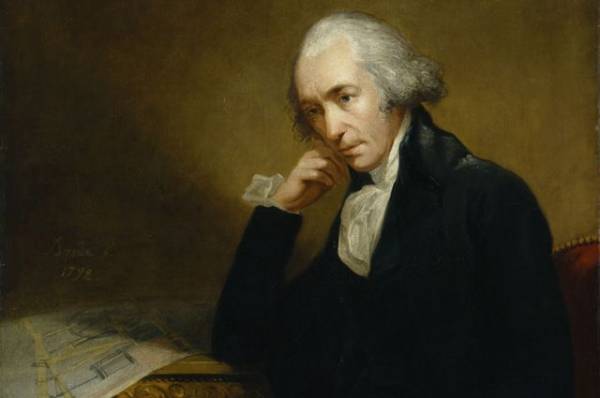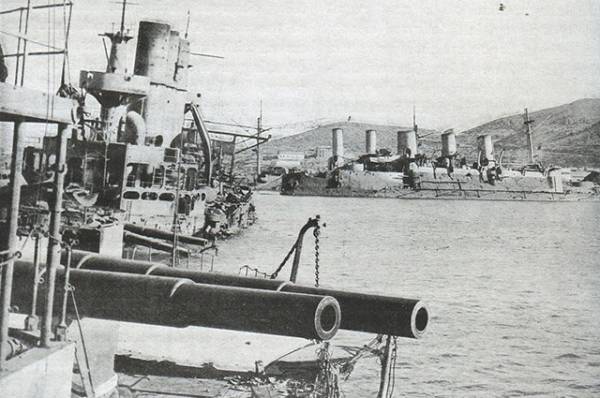
The first street lights in Moscow
On this day, Moscow celebrates the day of the street lamp. In November 1730, the Senate of the Russian Empire issued a decree on the manufacture of glass lanterns to illuminate Moscow in winter. And already on January 5, 1731 (December 25, 1730 according to the old style), the first street lamps were lit in Moscow. At first, the lanterns gave quite a little light, because they used ordinary candles and oil. However, then oil was replaced by kerosene, then — at the beginning of the XIX century – gas. And at the end of the XIX century, electric lamps appeared. The first electric street lights in Moscow started working in 1880. The development of the street lighting system declined during the First World War, the 1917 Revolution and the Civil War. The last gas lamps in the capital were replaced with electric ones only in 1932, and at the end of the 1930s an independent high-voltage outdoor lighting network and a centralized telemechanical control system were created in Moscow.

Peter III
On January 5, 1762, Emperor Peter III (Peter Fedorovich, born Karl Peter Ulrich Holstein of Gottorp) ascended the Russian throne. Peter III became the first representative of the Holstein-Gottorp (Oldenburg) branch of the Romanovs on the Russian throne, ruling until 1917. The beginning of his reign was marked by numerous favors to the nobility. In the army, he consistently introduced Prussian orders, which did not add to his popularity in the guard, whose officers later played an active role in the conspiracy against the emperor. On July 17 (6th according to the Art.), 1762, Peter III died in Ropshe under unclear circumstances. The official version was death from illness, but many contemporaries and researchers insist on violent causes of his death.

James Watt received a patent for his steam engine
The patent for his invention is “the creation of a steam engine in which the engine temperature will always be equal to the steam temperature, despite the fact that the steam will be cooled to a temperature below one hundred degrees” – the Scottish inventor James Watt received on January 5, 1769. In fact, he did not invent a steam engine, but only modernized what was invented before him. But the technical nuances introduced by him were enough for the device to become effective for using steam energy in industry. This gave impetus to the industrial revolution and forever inscribed the name of James Watt in history. In 1882, the British Association of Engineers decided, for the first time in the history of technology, to assign a proper name to a unit of measurement and thus perpetuate James Watt. Since then, the power in the International System of Units is measured in watts.

Surrender of Port Arthur
On January 5, 1905, a capitulation was concluded, as a result of which the Russian Imperial Army surrendered the fortress of Port Arthur to Japanese troops. The decision to surrender, despite the protests of the Military Council, was made by the head of the Kwantung fortified area Anatoly Stessel and the head of the land Defense Alexander Fok. The heroic defense of Port Arthur lasted 329 days, including 155 days of direct struggle for the fortress on the land front. She shackled large forces of Japanese troops (up to 200 thousand people), thwarting the plan for the rapid defeat of the Manchurian army. In the struggle for Port Arthur, the Japanese lost over 110 thousand people and 15 warships, another 16 ships were severely damaged and permanently out of service. The losses of the Port Arthur garrison killed and wounded amounted to about 27 thousand people.
According to RIA Novosti, Moslents, m24.ru, “Newspapers. Ru”, “Rossiyskaya Gazeta”, АиФ.ги